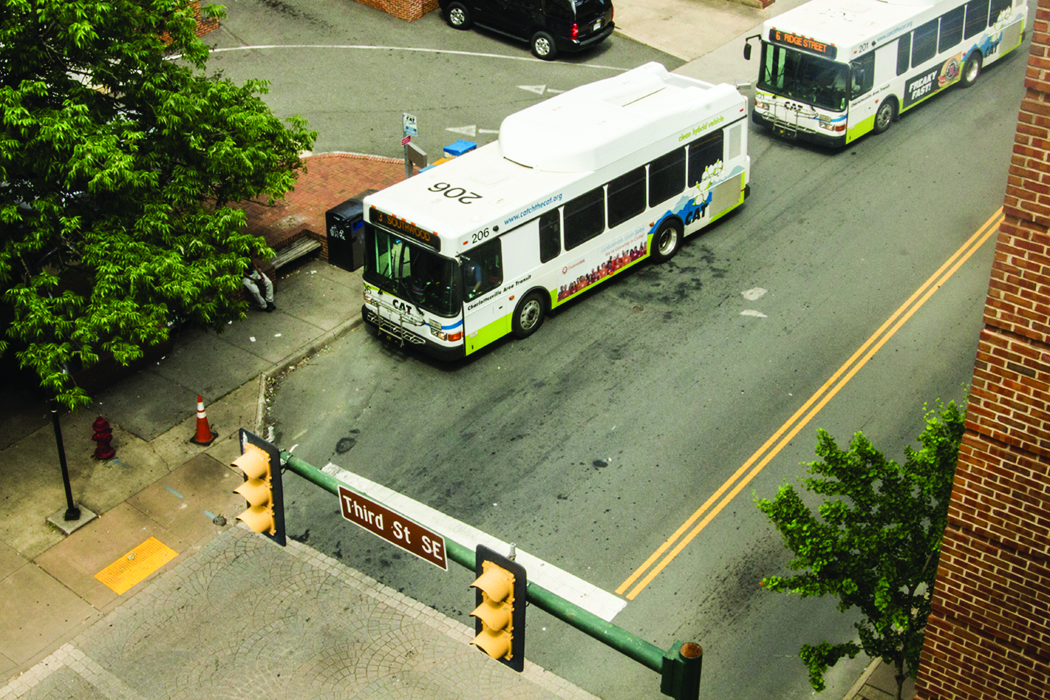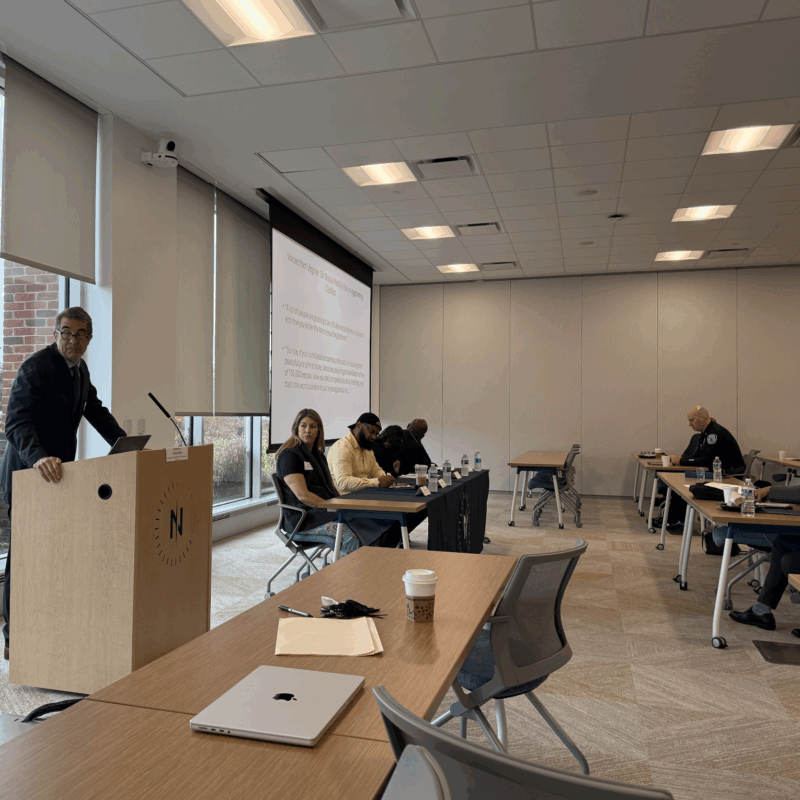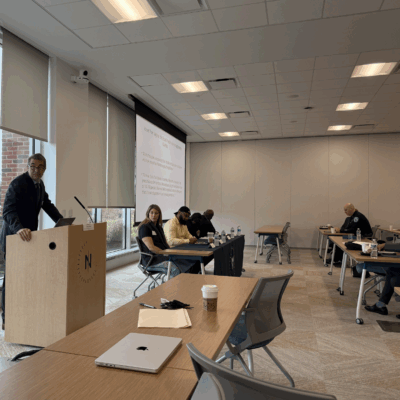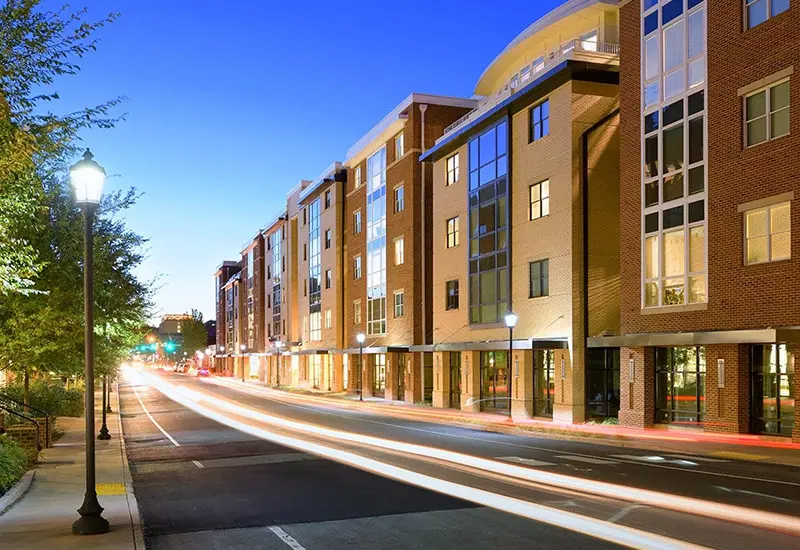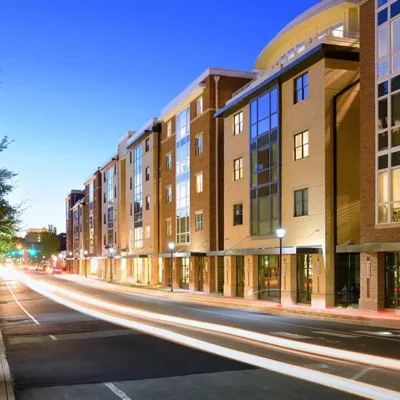On January 22, Charlottesville City Council reconvened after winter weather postponed its regularly scheduled session. One topic of discussion was alternative fuel sources for Charlottesville Area Transit, which must move away from diesel vehicles in order to meet the city’s goal of net zero greenhouse gas emissions by 2050.
A presentation given by consultant group Kimley Horn examined the viability of three alternative fuel options for the city transit system: renewable natural gas buses, battery-electric buses, and hydrogen-fuel cell electric buses. Each presents different challenges and benefits in reaching both the city’s long- and short-term emissions goals.
Councilors dismissed natural gas buses because of limitations on the emissions reductions, but both battery-electric and hydrogen-fuel cell buses appealed to them because they have zero tailpipe emissions.
Battery-electric vehicles seemed to be more appealing, though, thanks to the comparative maturity of the technology and the definitive access to the fuel source. Trade-offs of battery-electric buses could include a need for a large fleet, the cost of implementation, and potential issues with range. While hydrogen-fuel cell electric buses were deemed more resilient by consultants, concerns were raised about the high cost of deployment given the lack of reliable fuel supply.
Costs for the project are anticipated to be high, with battery-electric and hydrogen-fuel cell electric buses both roughly double the cost of diesel vehicles. Grant money could potentially reduce costs for the city, depending on the option pursued, but total costs are hard to predict due to the ever-evolving nature of the alternative fuel technologies and potential changes to grant availability, based on the White House’s future occupant.
At the end of the presentation, consultants recommended the city pursue a pilot program using both battery-electric buses and hydrogen-fuel cell electric buses before selecting a final alternative source for Charlottesville buses. The recommended timeline for the pilot program includes adding two battery-electric buses to the CAT fleet in 2025 and three hydrogen-fuel cell electric buses in 2028, with the potential for a full fleet of zero emission buses by 2040.
While CAT officials seemed enthusiastic about going ahead with a pilot of both battery-electric buses and hydrogen-fuel cell electric buses, councilors were not convinced that moving forward with a technology as new as hydrogen-fuel cells was the best course of action. Both battery-electric and hydrogen-fuel cell buses employ batteries, but are differentiated by how they are charged.
“I have concerns about putting all of our eggs in one basket,” said CAT Director of Transit Garland Williams about his support for a pilot program exploring both alternative fuel types. “Transit works well when it’s fast, frequent, reliable, safe. We’re trying to make sure we do our due diligence.”
Rather than immediately decide on next steps in the pilot program, City Manager Sam Sanders suggested councilors hold a work session next month. “You need time with this in my opinion,” he said.
